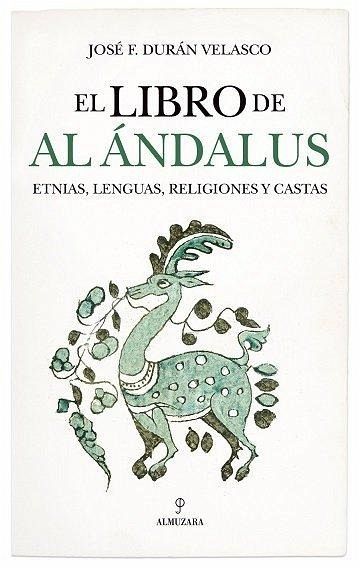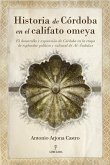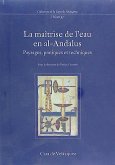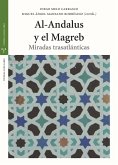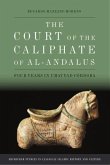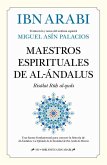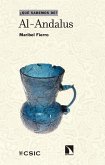Al-Andalus was the name given to the Iberian Peninsula and its surrounding islands, the Arabic equivalent of Phoenician and Latin Hispania, Greek Iberia or Hebrew Sepharad. The conquest of al-Andalus by Muslim Arabs and Berbers at the beginning of the 8th century incorporated most of the territory of the yazirat al-Andalus into the vast Islamic world, with the consequent spread of its religion and culture, forged in the Middle East and extending from Lisbon to Fergana, in present-day Uzbekistan and Tajikistan. The ethnic and linguistic variety, the religious plurality and the pride of caste would shape social realities that would continue until the Modern Age, beyond the conquest by the Christian kingdoms of the north, facilitated in great part by internal conflicts, such as the aversion of the Andalusian Muslims towards their Berber co-religionists, a decisive factor in the political debacle of Andalusian Islam.
Hinweis: Dieser Artikel kann nur an eine deutsche Lieferadresse ausgeliefert werden.
Hinweis: Dieser Artikel kann nur an eine deutsche Lieferadresse ausgeliefert werden.

